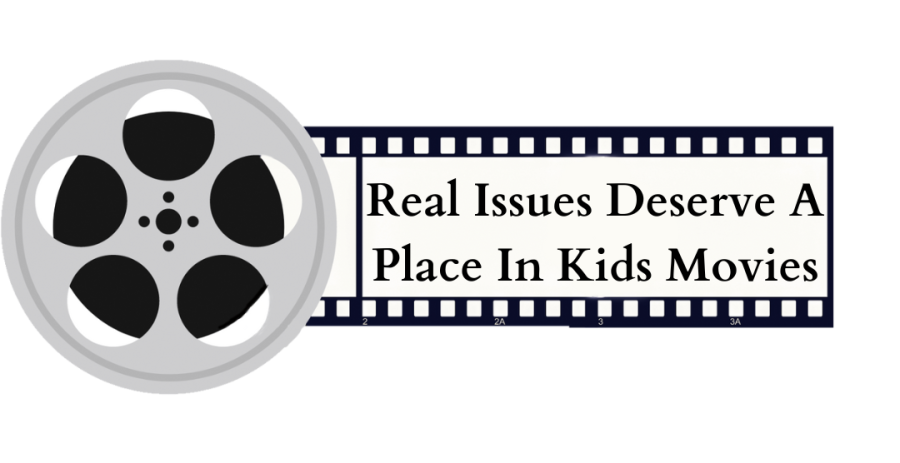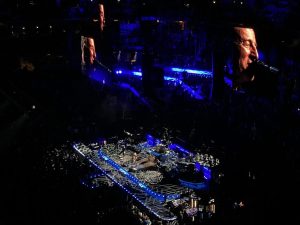Real Issues Deserve A Place In Kids Movies
March 13, 2023
Over the past few decades, children’s movies have taken a bolder approach to more sensitive topics. Serious issues such as puberty, family dysfunction, and treatment of the LGBTQ+ community have been previously hidden from young moviegoers. Now, newer films from Disney, Universal, and Dreamworks have rightfully made them mainstream, creating an accurate representation that children desperately need.
Many audience members look to paint kids’ movies as battlegrounds over the supposed politicization of the characters and themes. But new presentations of prevalent social issues acknowledge that topics such as family dysfunction are heavy influences in children’s lives and futures, making the integration of these issues into children’s media important for young people to understand.
Exploring topics like feminism with Brave and Mulan and environmental awareness with The Lorax allows them to become accustomed with realistic problems in safe and often amusing situations. Rather than shying away from modern-day problems, these movies harness their demographics to try and inform, not just entertain.
These issues do not indoctrinate and politicize children. They create safe introductions to realistic problems, allowing kids to develop ideas and work to learn concepts that are insanely beneficial to understand.
In contrast, children’s movies of the past are responsible for many dysfunctional stereotypes that work against informing and towards prejudices that injure children’s perspectives. The long-nosed, money-obsessed villains represented in movies of old strongly mirror anti-semitic messaging. Such images become examples that support prejudices against minority groups and serve as excuses to further oppress groups like Jewish people when their viewers come of age as operating members of society.
It is important that correct and positive ideas are open for children. Without them, painful perceptions like anti-semitism influence young minds.
There has been a move toward inclusivity, with diverse main characters taking the spotlight. This brings with it an exploration of culture, tradition and family dynamics beyond the whitewashed and cishet confines of movies past. Soul and Coco illustrate the richness of a life full of diverse people who have been confined to the sidelines; kids who feel seen and heard by the media often become more confident in their own identities, making a stronger and more secure individuals. Turning Red has LGBTQ characters that can introduce kids to identities beyond what they see in their own families. Exposing kids to the multicultural society they will one day live in gives them the ability to adapt to and understand one another, creating fully realized adults who are aware and informed.
Kids movies with realistic topics need to exist, because introducing young people to the issues of their future and our present will form accurate and intelligent minds, something desperately needed now and forever.























